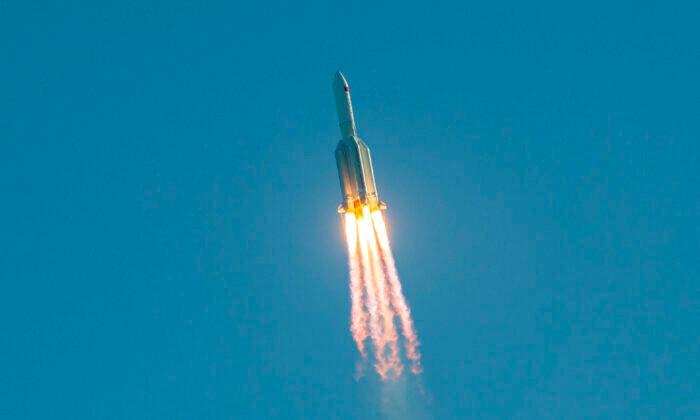The team, led by Yang Xiaogang, was reportedly given a deadline of 2025 to solve the issue of how to improve the accuracy of China’s burgeoning hypersonics program.
The ability to strike a passenger vehicle at hypersonic speed would be a feat of technological expertise in missile science if accomplished. At present, hypersonic weapons have incredibly limited maneuverability because of their speed.
Yang’s team is improving the accuracy of such weapons by developing a new identification and tracking system that will add information from motion detectors to that gathered by the infrared seekers normally used by heat-seeking missiles. The combined data collected from both systems will allow for a crisper tracking process than the frame-by-frame tracking used in traditional heat-seekers and a much more accurate missile.
Such weapons could be used for a number of combat roles, including a decapitation strike on an enemy fleet in harbor or more attacks on high-value moving targets, such as weapons systems or commanding officers.
China’s accelerating attempts to develop hypersonic weapons have drawn an equal measure of fear and ire from the United States, which scrapped its own program to build a hypersonic glide vehicle in 2011 after two failed tests.
“Single digits versus hundreds is not a good place,” Hyten said.
Not all American military leaders are as worried about the role of hypersonics, however.
Secretary of the Air Force Frank Kendall downplayed the importance of such weapons to U.S. strategy during a talk in January and said U.S. strategic needs were different than those of China.
“China has a set of targets, and I can easily understand why they would want to field hypersonic weapons in reasonable quantities,” Kendall said. “We don’t have the same target set that they’re worried about.”
Regardless, fears of a new arms race have pushed the United States into a rush to develop at least some new hypersonic capabilities.
“Our highly-skilled team made history on this first air-launched hypersonic weapon,” said 419th Flight Test Squadron Commander, Lt. Col. Michael Jungquist. “We’re doing everything we can to get this game-changing weapon to the warfighter as soon as possible.”






Friends Read Free